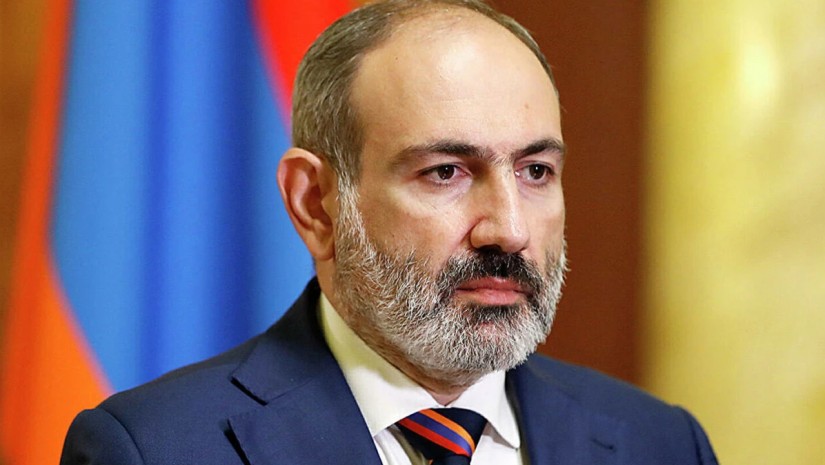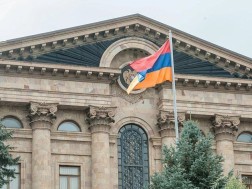The committee on state and legal issues of Armenia’s National Assembly has approved today a draft law on ratification of the Rome Statute and joining the International Criminal Court (ICC). The draft law will be considered at the next session of the parliament.
Armenia's representative on international legal issues Yeghishe Kirakosyan recalled that Armenia had signed the Rome Statute in 1998, but has not ratified it after the Constitutional Court in 2004 found that the treaty’s obligations contradicted several provisions of the Constitution in effect at the time.
In late 2022, the Armenian government asked the Constitutional Court to examine the constitutionality of the Rome Statute. According to the government, the ratification of this document would allow it to initiate legal proceedings against Azerbaijan (for war crimes committed in Nagorno-Karabakh and Armenia) at the ICC.
On March 24, Armenia’s Constitutional Court ruled that the country’s obligations under the Rome Statute of the International Criminal Court (ICC) comply with the Basic Law.
Russian officials have warned Armenia against ratification of the Rome Statute describing the move as 'an unfriendly step.
On March 17 of this year, the International Criminal Court issued an arrest warrant for ‘war crimes’ for Russian President Vladimir Putin and Maria Lvova-Belova, Russia’s commissioner for children’s rights, who according to an ICC statement ‘bear individual criminal responsibility for the abduction and deportation of Ukrainian children since Russia’s full-scale invasion began in February last year.
Kirakosyan said also that the Russian side had been invited to sign a bilateral agreement on the Rome Statute, whereby the parties would undertake to provide guarantees on issues of concern. He said this proposal had been sent to Russia in April and no response has been received so far.
When asked how effective the ratification of the Statute would be, Kirakosyan said that, unfortunately, there are decisions of the ECHR and the UN International Court of Justice that are completely ignored by Azerbaijan.
"But I suggest that we should not consider international courts through the prism of the decisions of our courts. These are other courts and their influence is reflected at different levels. In particular, their decisions imply the study of facts and circumstances on the basis of which decisions are made, which are no less important in creating additional grounds in Armenia's foreign policy," he said.
The Rome Statute will enter into force 60 days after ratification.
Russian presidential spokesman Dmitry Peskov described Armenia's decision to ratify the Rome Statute as a "hostile move."
According to him, Moscow does not welcome Yerevan's intention to join the Rome Statute.
"Armenia knows very well that we are not a party to the Rome Statute, and Armenia knows very well the hard-to-please decision of the International Criminal Court to issue an arrest warrant for Russian President Vladimir Putin, made on the basis of this statute. We know that this is very well known in Yerevan. This is not something we welcome," the Kremlin spokesman said.















